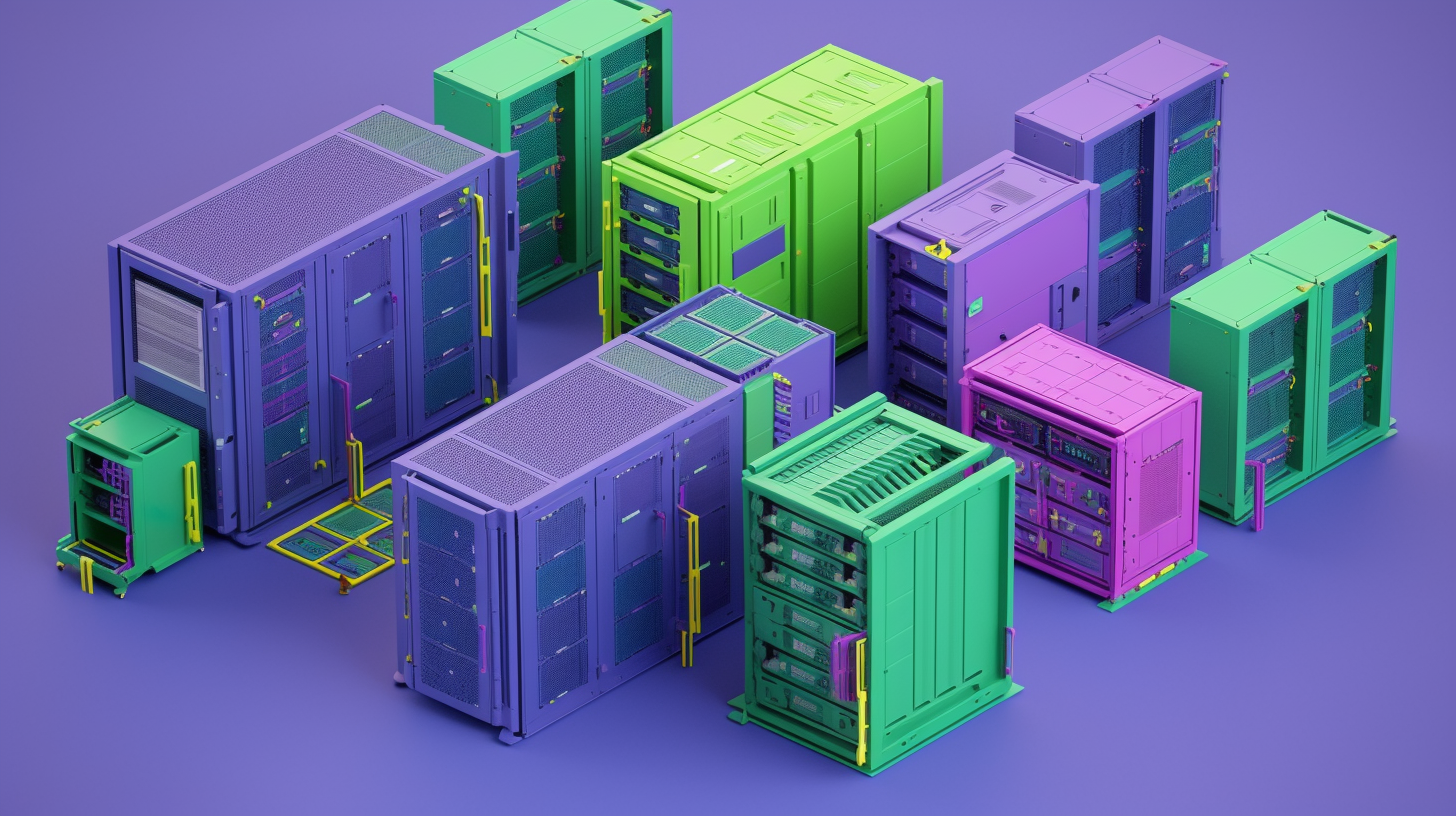
Take our Cloud Computing Basics course and gain the information you need to understand the fundamentals of cloud computing, including cloud services and cloud storage.
Here's a deal for you
What's inside
Syllabus
Good to know
Save this course
Activities
Organize and review your notes, assignments, and quizzes
Show steps
Consolidate your learning resources to reinforce your understanding and prepare for assessments.
Show steps
-
Gather all your notes, assignments, and quizzes from the course.
-
Organize the materials into a logical structure.
-
Review the materials regularly to refresh your memory.
Review basic computer science concepts
Show steps
Review foundational computer science principles to strengthen your understanding of the basics.
Browse courses on
Computer Science Fundamentals
Show steps
-
Revisit textbooks or online resources on core computer science concepts.
-
Solve practice problems and exercises to test your understanding.
-
Discuss key concepts with peers or mentors.
Review the book: Cloud Computing: Concepts, Technology & Applications
Show steps
Supplement your knowledge by reading a comprehensive book on cloud computing to gain a deeper understanding of the subject matter.
View
Cloud Computing: Concepts, Technology &...
on Amazon
Show steps
-
Read the book thoroughly, taking notes and highlighting key concepts.
-
Summarize each chapter in your own words.
-
Identify areas where you need further clarification.
Three other activities
Expand to see all activities and additional details
Show all six activities
Complete online tutorials on cloud services
Show steps
Explore different cloud platforms and services through hands-on tutorials to gain practical experience.
Browse courses on
Cloud Computing Services
Show steps
-
Identify reputable online platforms offering cloud-related tutorials.
-
Select tutorials that align with your learning goals.
-
Follow the tutorials step-by-step, completing exercises and assignments.
Create a diagram or presentation on cloud computing architecture
Show steps
Visualize and present the components and concepts of cloud computing architecture to enhance your understanding.
Show steps
-
Research and gather information on cloud computing architecture.
-
Create a diagram or presentation using tools like Lucidchart or Google Slides.
-
Label and explain the different components and their interactions.
Build a simple cloud application using a cloud platform
Show steps
Apply your knowledge by creating a practical project using a cloud platform, solidifying your understanding and gaining hands-on experience.
Browse courses on
Cloud Application Development
Show steps
-
Choose a cloud platform and service that aligns with your interests.
-
Follow tutorials or documentation to set up the necessary infrastructure.
-
Develop and deploy your cloud application.
Organize and review your notes, assignments, and quizzes
Show steps
Consolidate your learning resources to reinforce your understanding and prepare for assessments.
Show steps
- Gather all your notes, assignments, and quizzes from the course.
- Organize the materials into a logical structure.
- Review the materials regularly to refresh your memory.
Review basic computer science concepts
Show steps
Review foundational computer science principles to strengthen your understanding of the basics.
Browse courses on
Computer Science Fundamentals
Show steps
- Revisit textbooks or online resources on core computer science concepts.
- Solve practice problems and exercises to test your understanding.
- Discuss key concepts with peers or mentors.
Review the book: Cloud Computing: Concepts, Technology & Applications
Show steps
Supplement your knowledge by reading a comprehensive book on cloud computing to gain a deeper understanding of the subject matter.
View
Cloud Computing: Concepts, Technology &...
on Amazon
Show steps
- Read the book thoroughly, taking notes and highlighting key concepts.
- Summarize each chapter in your own words.
- Identify areas where you need further clarification.
Complete online tutorials on cloud services
Show steps
Explore different cloud platforms and services through hands-on tutorials to gain practical experience.
Browse courses on
Cloud Computing Services
Show steps
- Identify reputable online platforms offering cloud-related tutorials.
- Select tutorials that align with your learning goals.
- Follow the tutorials step-by-step, completing exercises and assignments.
Create a diagram or presentation on cloud computing architecture
Show steps
Visualize and present the components and concepts of cloud computing architecture to enhance your understanding.
Show steps
- Research and gather information on cloud computing architecture.
- Create a diagram or presentation using tools like Lucidchart or Google Slides.
- Label and explain the different components and their interactions.
Build a simple cloud application using a cloud platform
Show steps
Apply your knowledge by creating a practical project using a cloud platform, solidifying your understanding and gaining hands-on experience.
Browse courses on
Cloud Application Development
Show steps
- Choose a cloud platform and service that aligns with your interests.
- Follow tutorials or documentation to set up the necessary infrastructure.
- Develop and deploy your cloud application.
Career center
Cloud Engineer
Cloud Security Engineer
Cloud Architect
Solutions Architect
Security Analyst
DevOps Engineer
Data Scientist
Data Engineer
Network Engineer
Systems Administrator
Software Developer
Web Developer
Technical Support Specialist
IT Manager
Reading list
Share
Similar courses
OpenCourser helps millions of learners each year. People visit us to learn workspace skills, ace their exams, and nurture their curiosity.
Our extensive catalog contains over 50,000 courses and twice as many books. Browse by search, by topic, or even by career interests. We'll match you to the right resources quickly.
Find this site helpful? Tell a friend about us.
We're supported by our community of learners. When you purchase or subscribe to courses and programs or purchase books, we may earn a commission from our partners.
Your purchases help us maintain our catalog and keep our servers humming without ads.
Thank you for supporting OpenCourser.


